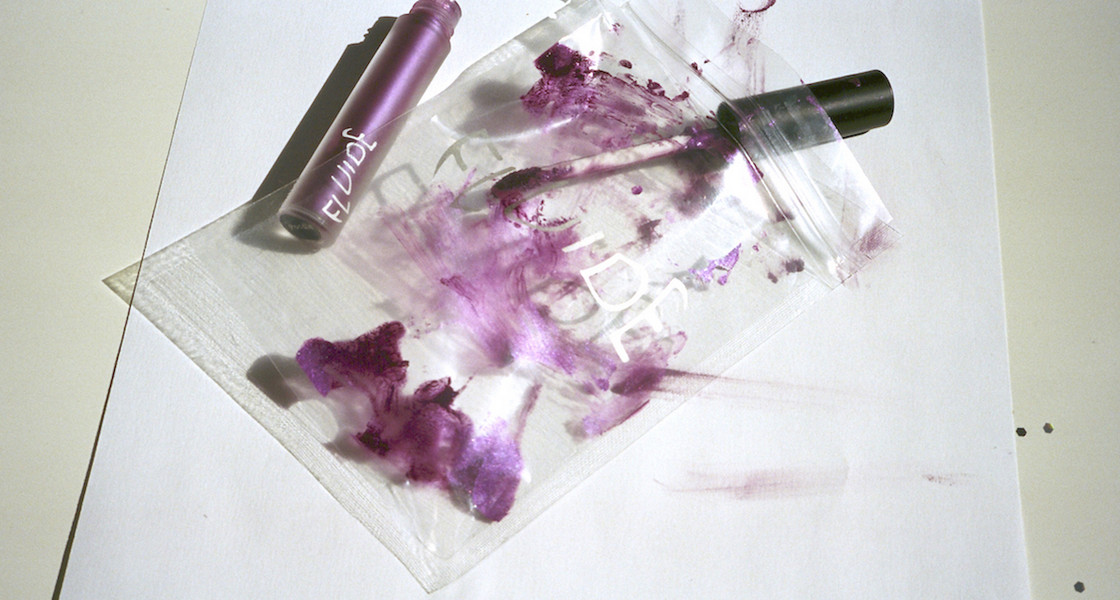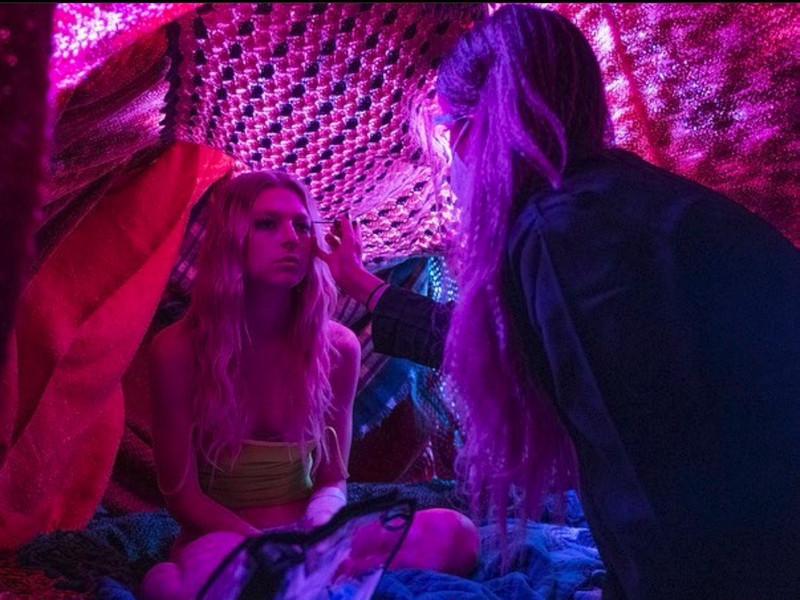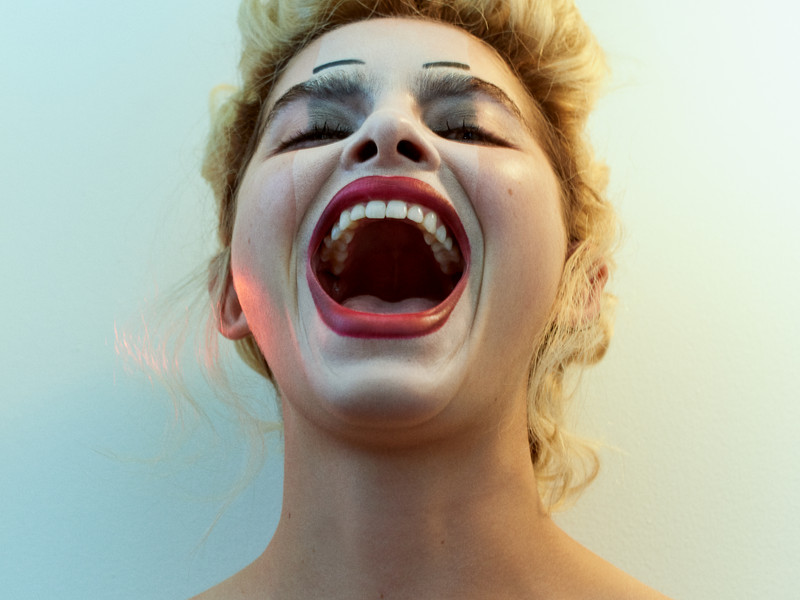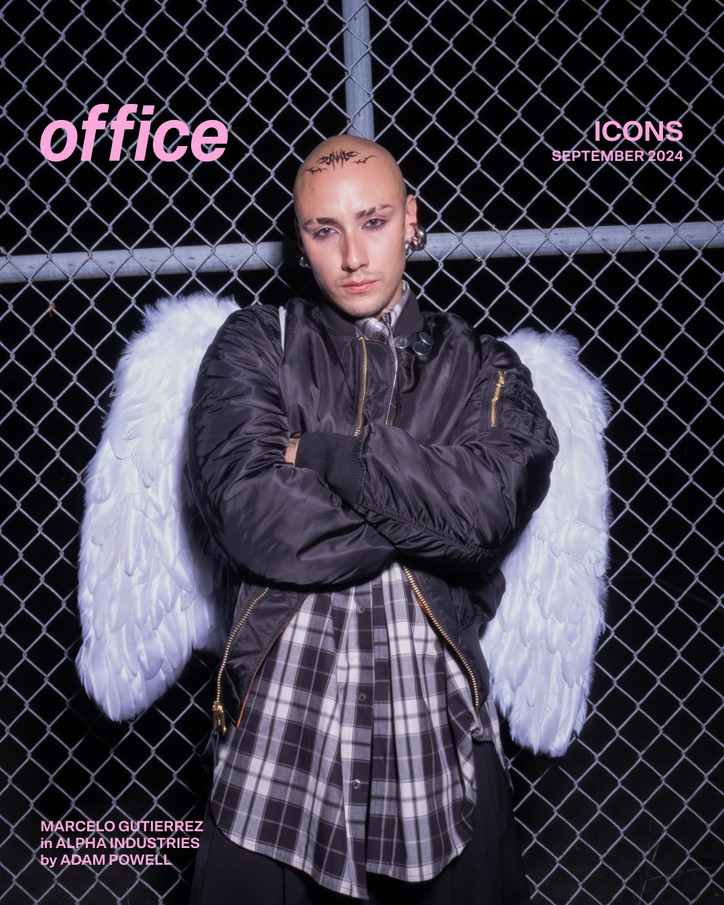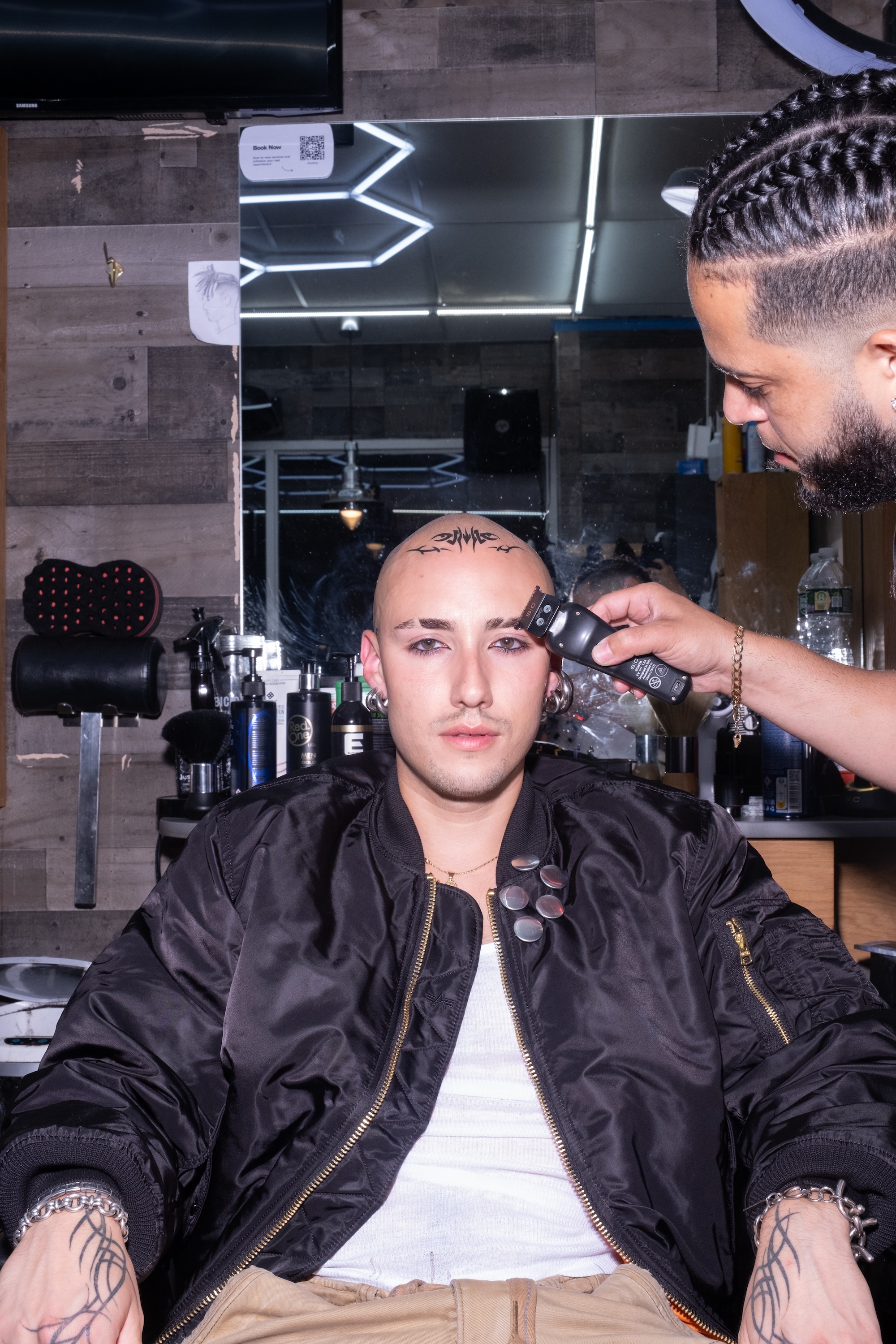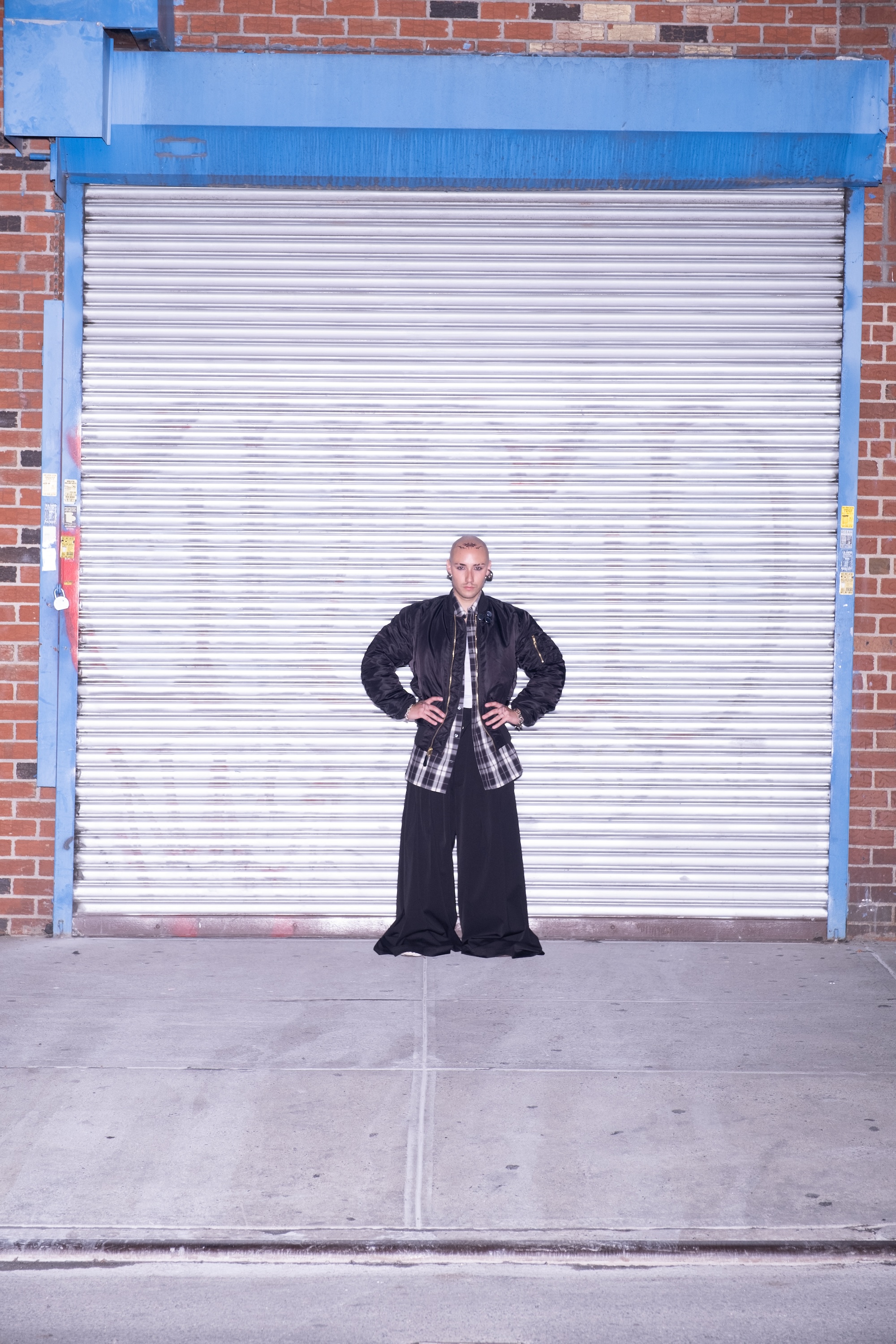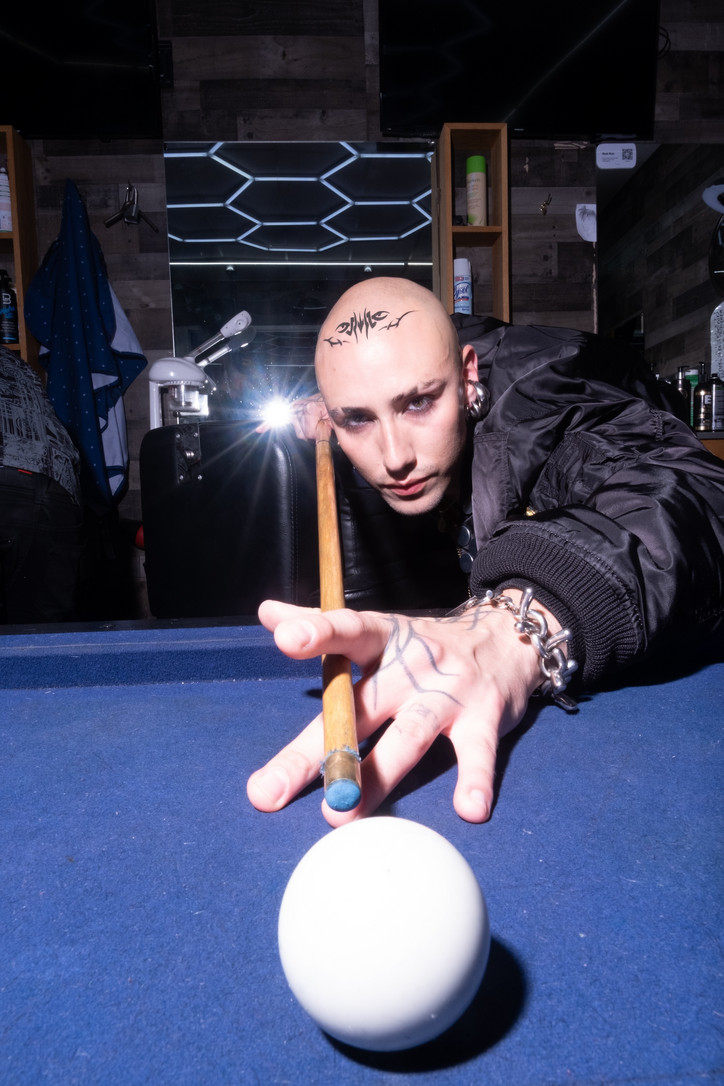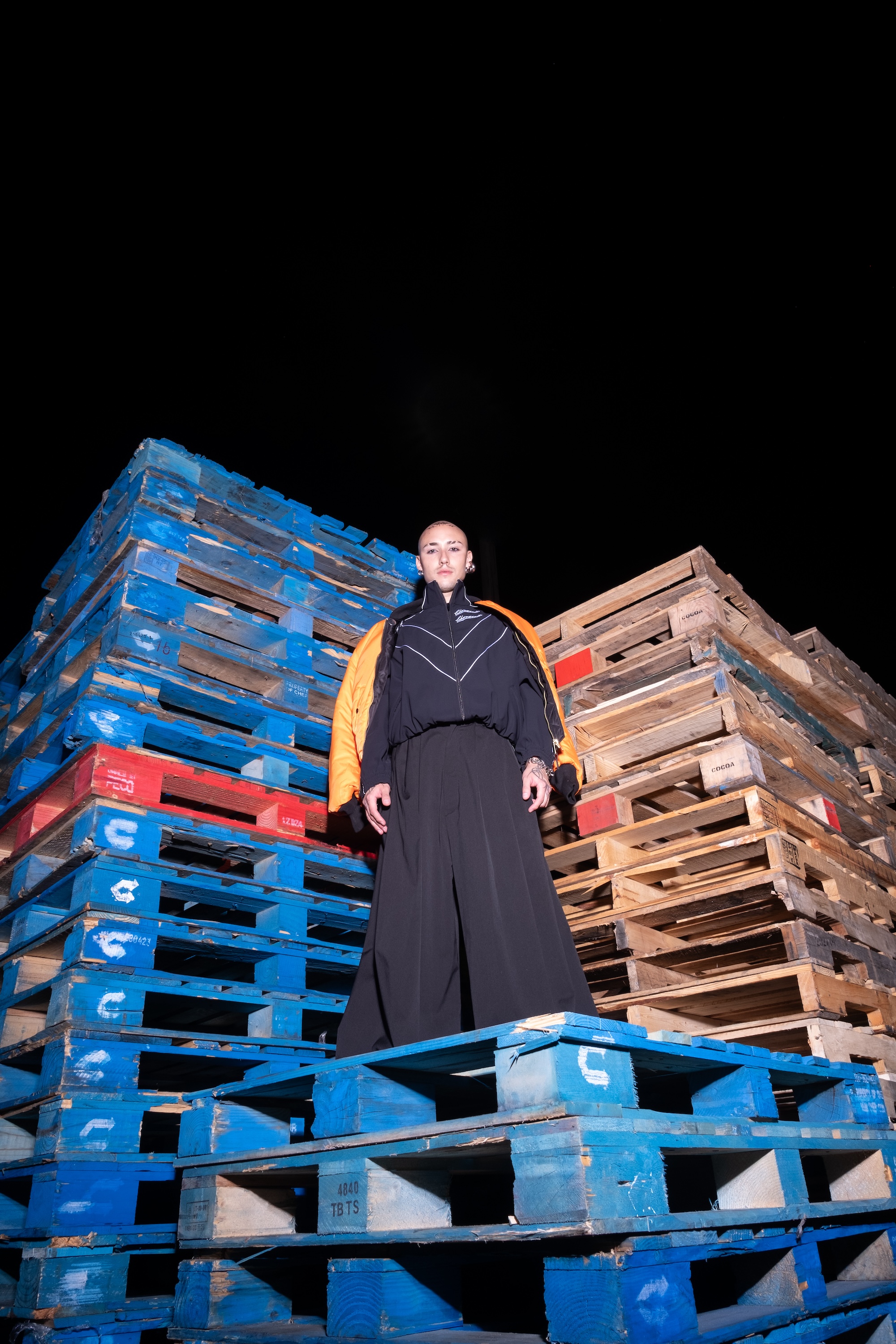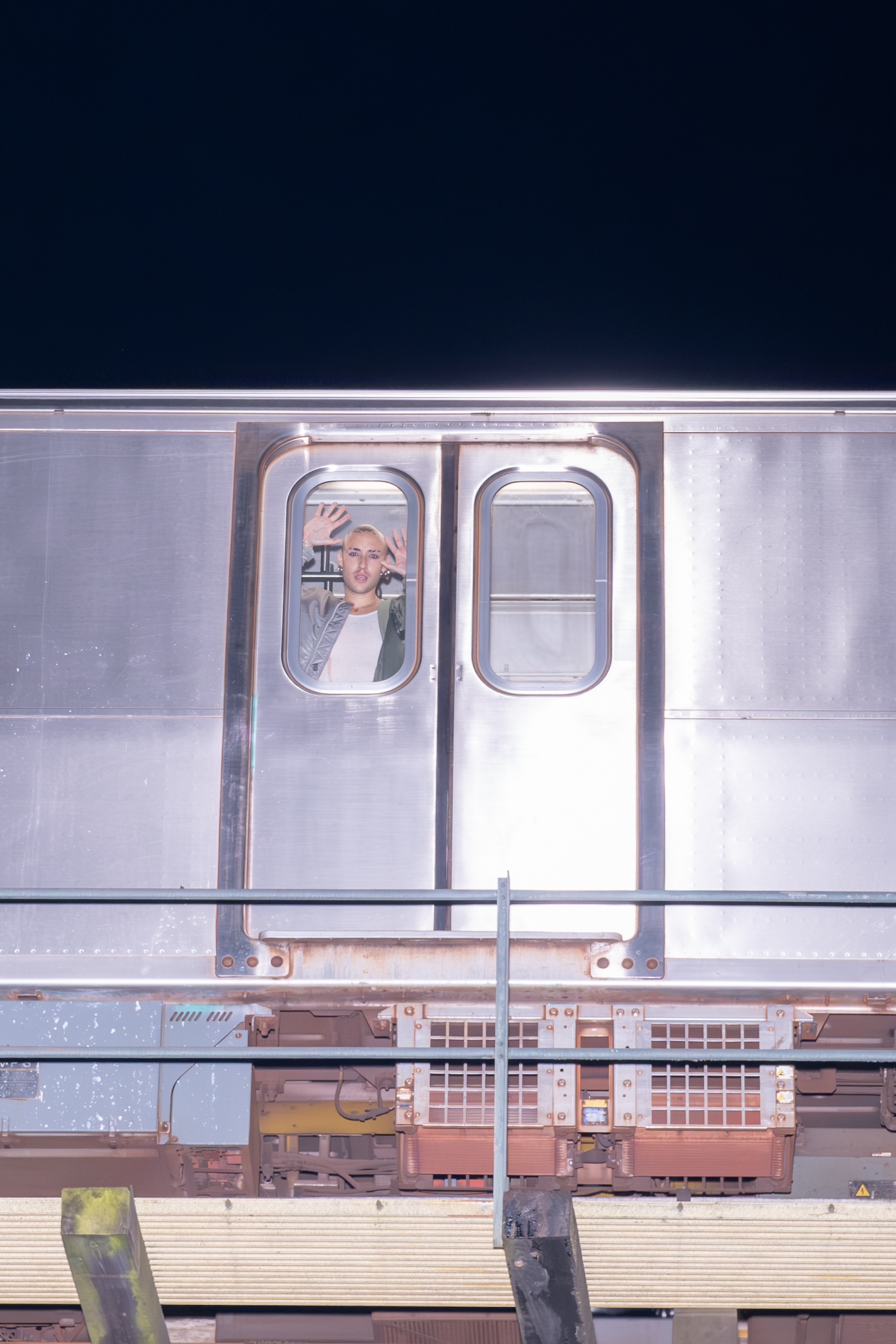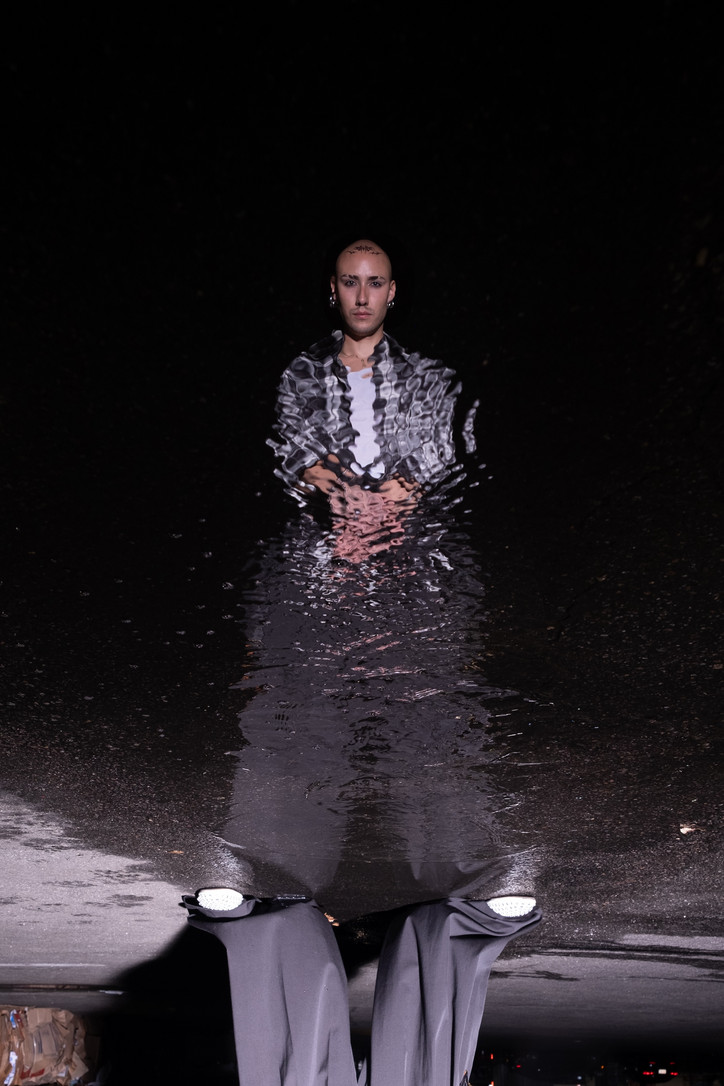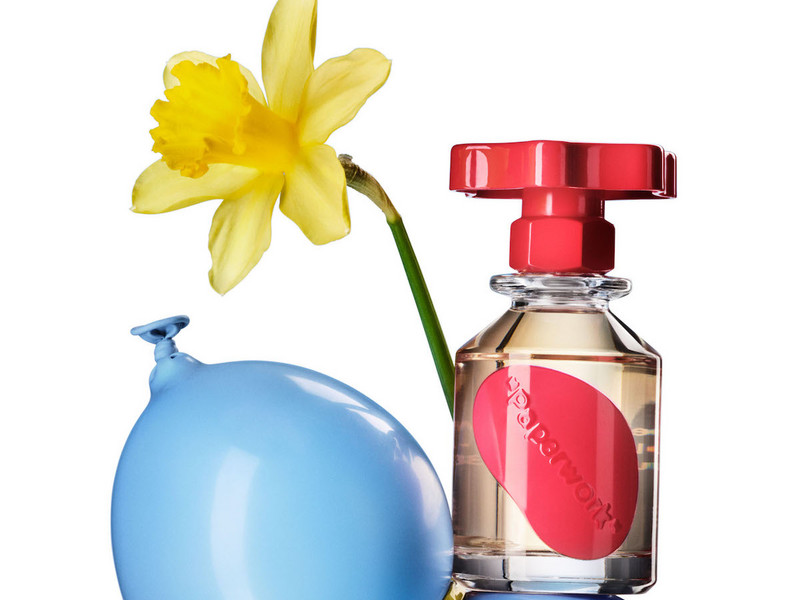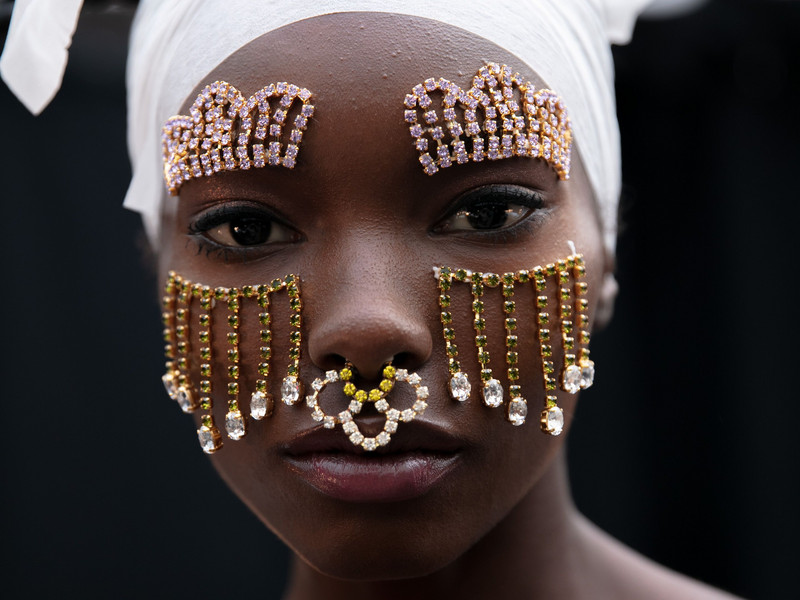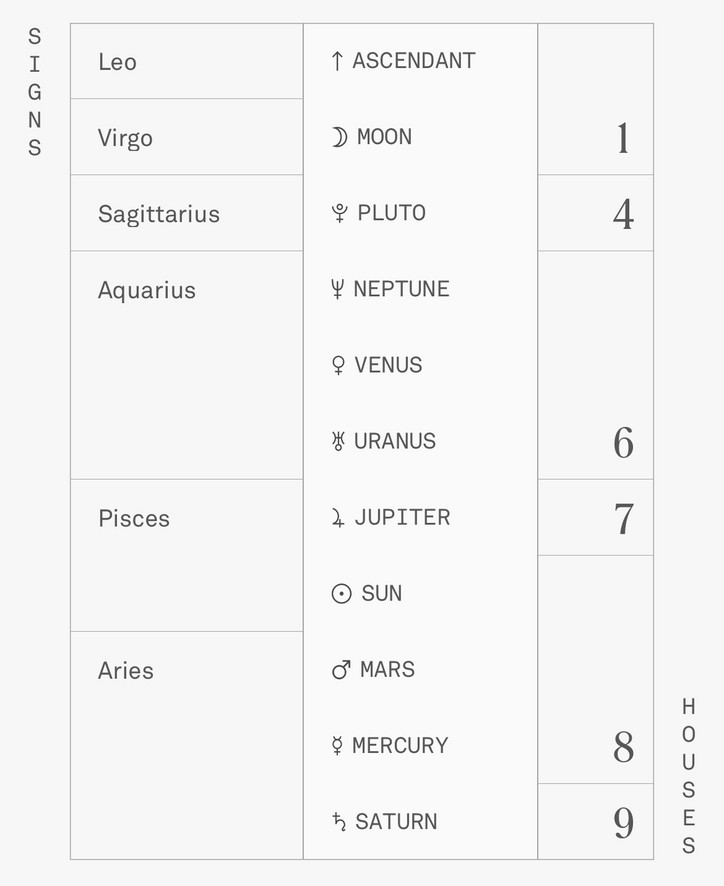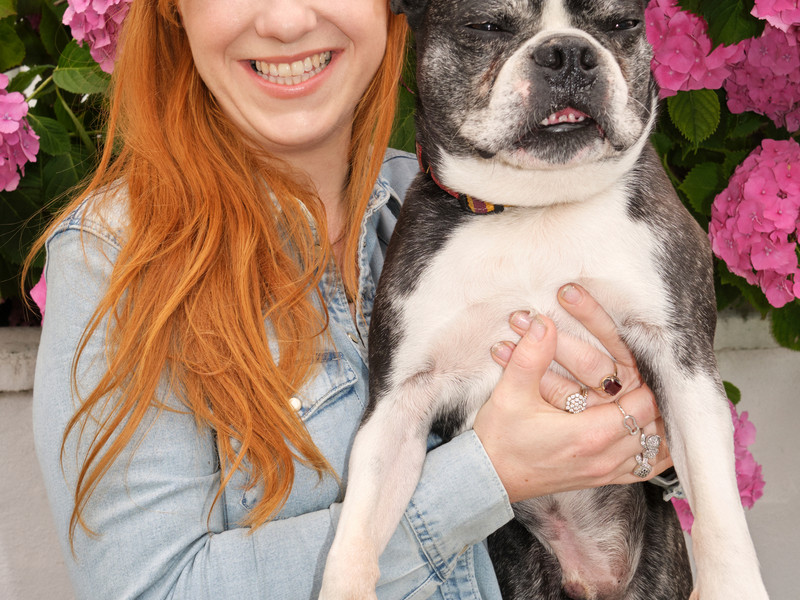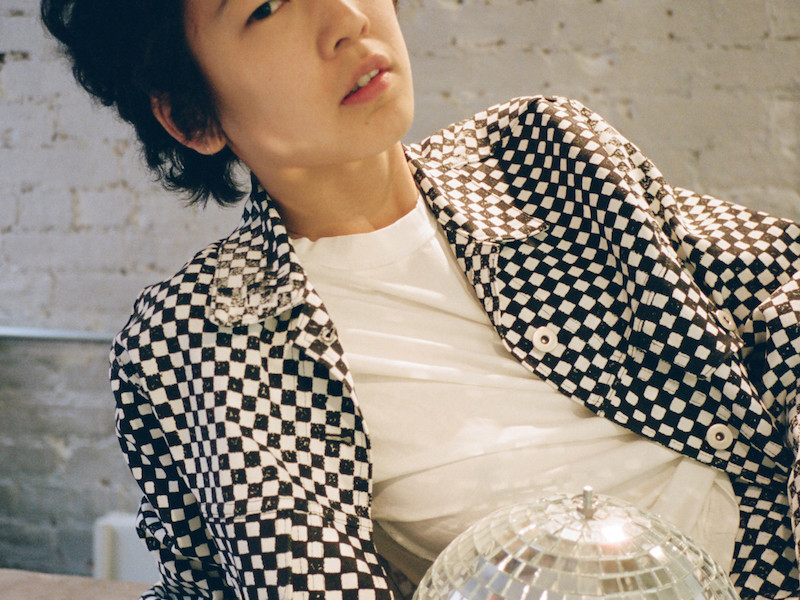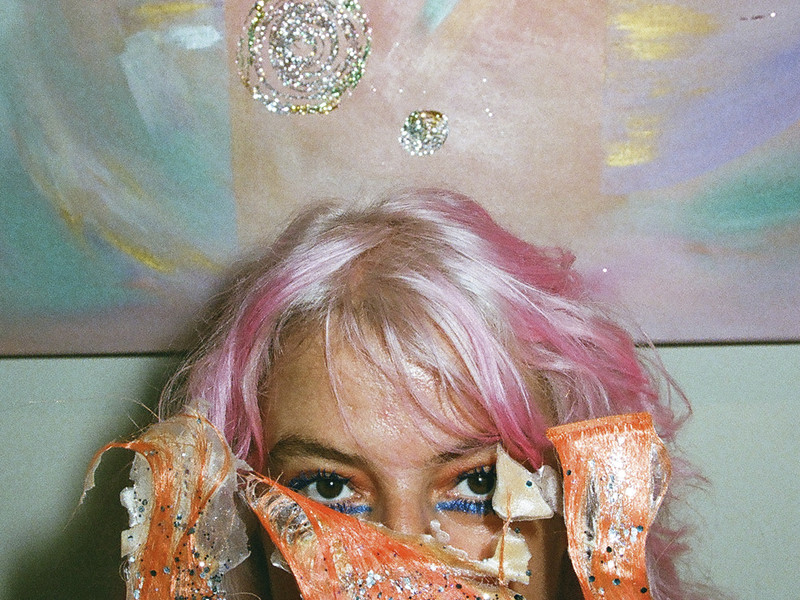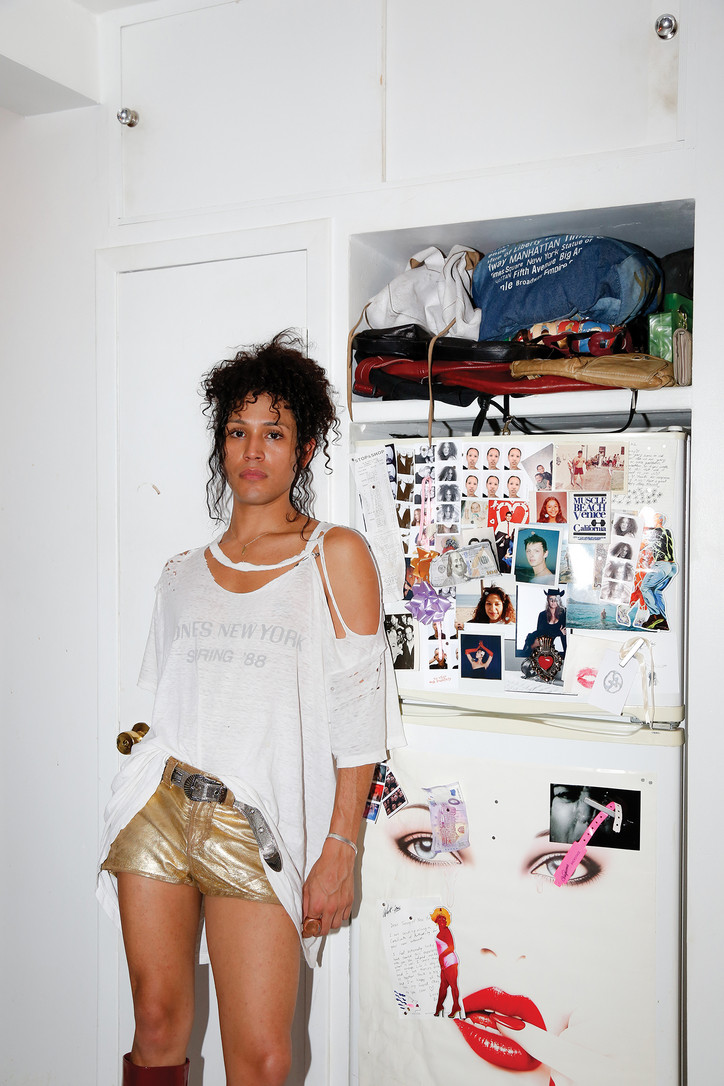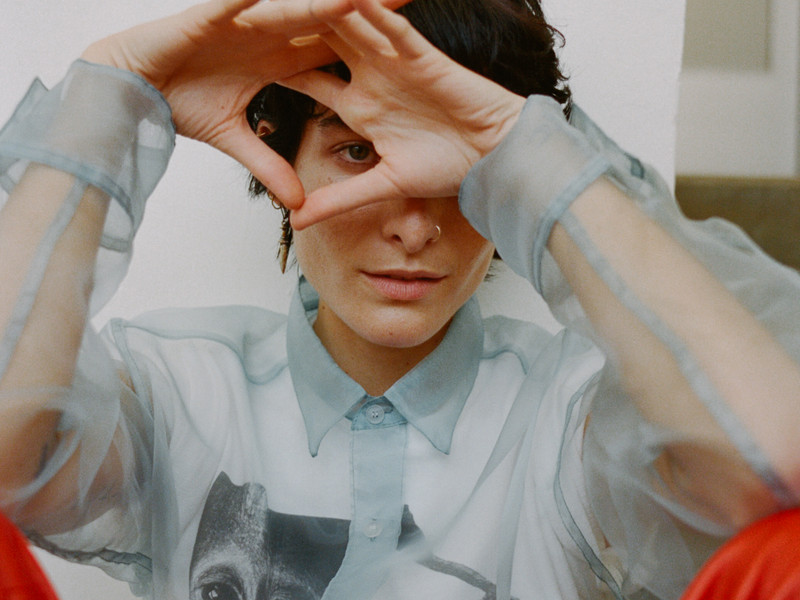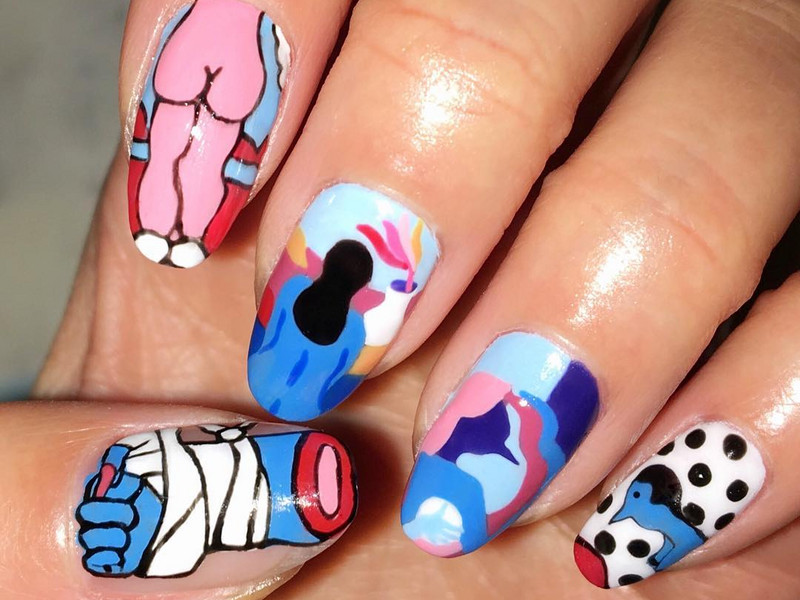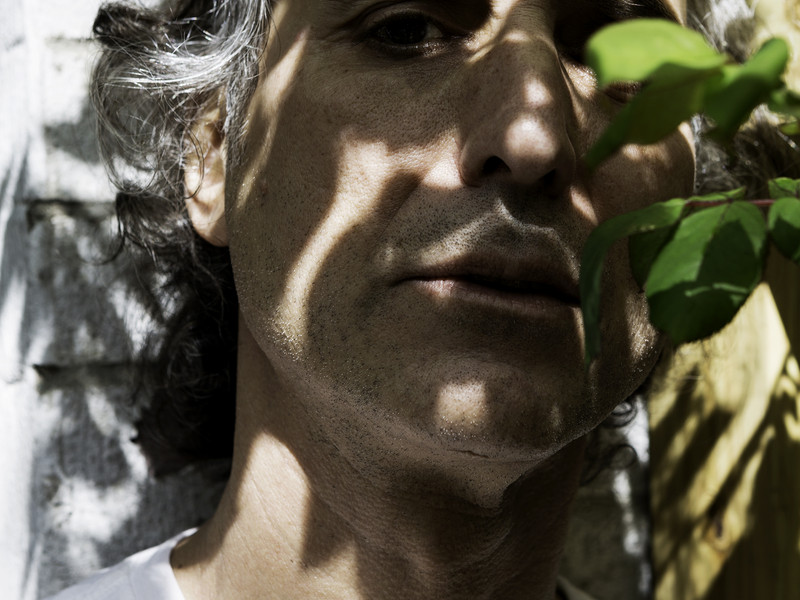The Future is Fluide
office got the chance to sit down with Fluide, and try out the full Uncuffed line— which admittedly got a little messy. We spoke to the team afterwards to find out all about out how their products got such fabulous (and fitting) names, get some foresight on the future of the beauty industry, and learn about how lipstick is the “gateway drug” of makeup.
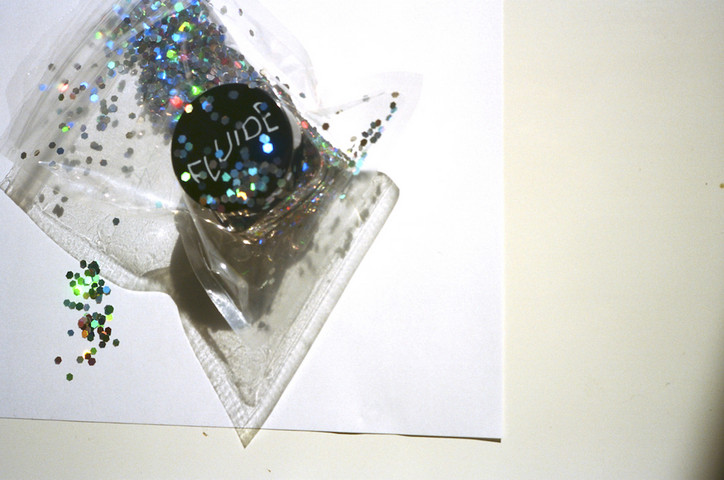
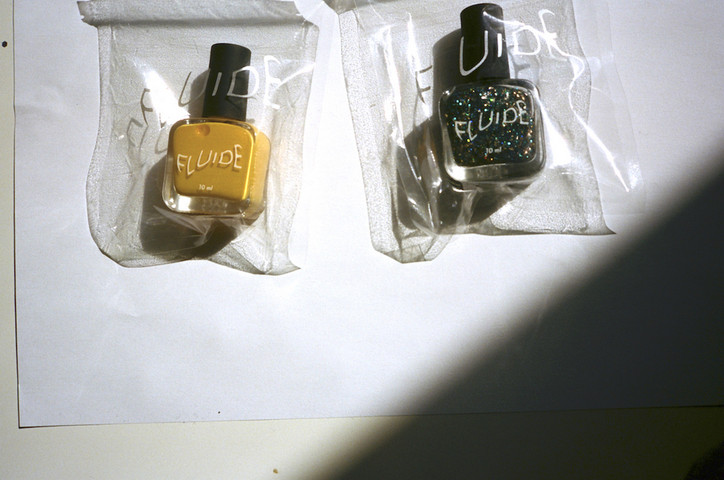
What inspired your new collection, Uncuffed?
All our shades are named after queer spaces, as a little homage to some of the spaces that many of us consider second homes and environments where we can express ourselves boldly, shamelessly, authentically. For the Uncuffed collection, we thought it could be fun to celebrate the end of “cuffing” season with warm, inviting, ultra-pigmented shades: Ginger’s (vibrant red-orange), Babetown (electric pink), and Rosemont (classic red).
A huge inspiration behind the collection was the work and style of non-binary writer, performer and activist, Jacob Tobia, who is the face of the new collection. Through their writing and advocacy work, Tobia not only inspires and supports others, but provides a much-needed non-binary perspective on issues of gender and representation. Jacob’s warmth, energy and glamorous, unapologetic style played a huge role in the styling and hues of the Uncuffed collection.
What drew you to lipstick rather than other makeup?
IMO, lipstick is the gateway drug to beauty. It’s easy to apply and has big impact (especially with shades like Silver Future and Q-Train) —it has the power to transform your look instantly.
How is beauty/fashion related to self-expression for you?
Makeup and fashion are perhaps the most effective means of self-expression for me. I love the infinite possibilities—to be glamorous, irreverent, defiant, political, otherworldly. Coming into my queerness and surrounding myself with members of the community who creatively defy cultural expectations and gender norms helped evolve my own definition of beauty and shifted the ways in which I feel comfortable expressing myself (I don’t think I could have predicted that a blue lip and unisex jumpsuit would become my go-to, “best self” look). This translates to what we’re doing at Fluide. In the same way that being exposed to queer, non-mainstream representations of beauty opened up limitless, ungendered possibilities in my own self-expression, I’m hoping to do the same for others through Fluide by representing a funky, inclusive and expansive definition of beauty. Makeup can be one powerful, yet approachable tool in self-actualization and self-expression.
How would you like Uncuffed to be perceived? What is your “mission statement”?
To us, beauty is malleable, political, powerful, play. Fluide’s goal is to evolve the mainstream conception of “beauty” while promoting authentic self-expression and positive self-image. With Jacob Tobia as the face of the Uncuffed Collection, we showcase Jacob’s glamorous, non-binary beauty (those lips!), and hopefully, inspire pride in gender-expansive people.
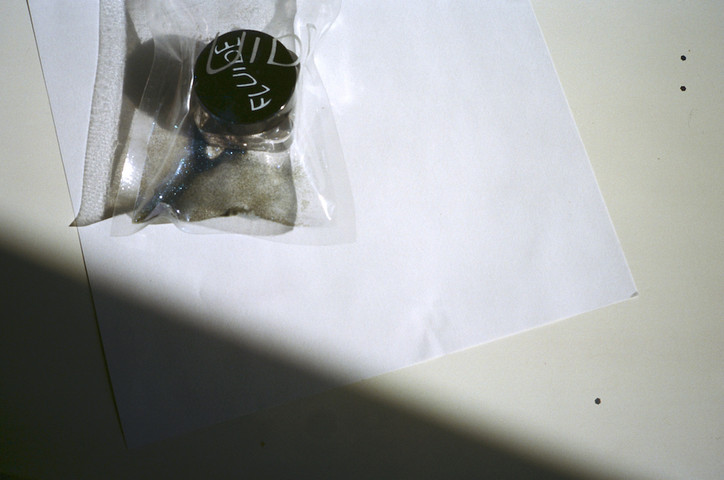
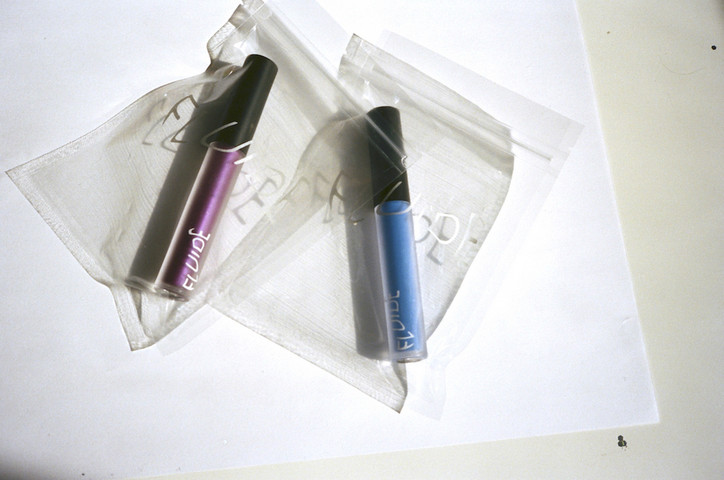
How would you like Uncuffed to be perceived? What is your “mission statement”?
To us, beauty is malleable, political, powerful, play. Fluide’s goal is to evolve the mainstream conception of “beauty” while promoting authentic self-expression and positive self-image. With Jacob Tobia as the face of the Uncuffed Collection, we showcase Jacob’s glamorous, non-binary beauty (those lips!), and hopefully, inspire pride in gender-expansive people.
Looking at Uncuffed and Fluide, how would you like them to be in conversation with the rest of the industry? What do you think the industry needs to improve on?
With its wide shade range and focus on women of all skin tones, Fenty Beauty made a huge impact on the industry when it launched last year, and definitely moved the conversation forward. It took until 2017 and Rihanna—a major celebrity and a beauty industry outsider—to achieve that kind of inclusive approach. That said, most mainstream, traditional beauty brands are rethinking their messaging and recognizing that makeup today is about self-expression.
From Maybelline to Lancome, taglines and messaging have changed dramatically in the last few years. For so long, makeup has been perceived as an instrument of an outdated and patriarchal beauty ideal—women wore makeup to improve themselves, to make themselves acceptable to a standard of (often white, cis) female beauty which few could achieve. To locate makeup outside of this paradigm of cis-female beauty is incredibly liberating and it opens up the potential for makeup to be empowering for all people, rather than a representation of all the ways you don’t measure up.
It’s exciting to be a part of a rapidly changing industry and to offer a perspective that is more inclusive and less prescriptive, as well as showcasing a broad, expansive definition of beauty. I think the next step for the industry is to shift it’s “inclusivity” behind the camera and to represent diversity (racial, gender and beyond) in its art directors, photographers, stylists, and management and this is something we’re hoping to achieve as we grow Fluide.
- Interview by Marit Darrow
- Photos by Anna Zanes
